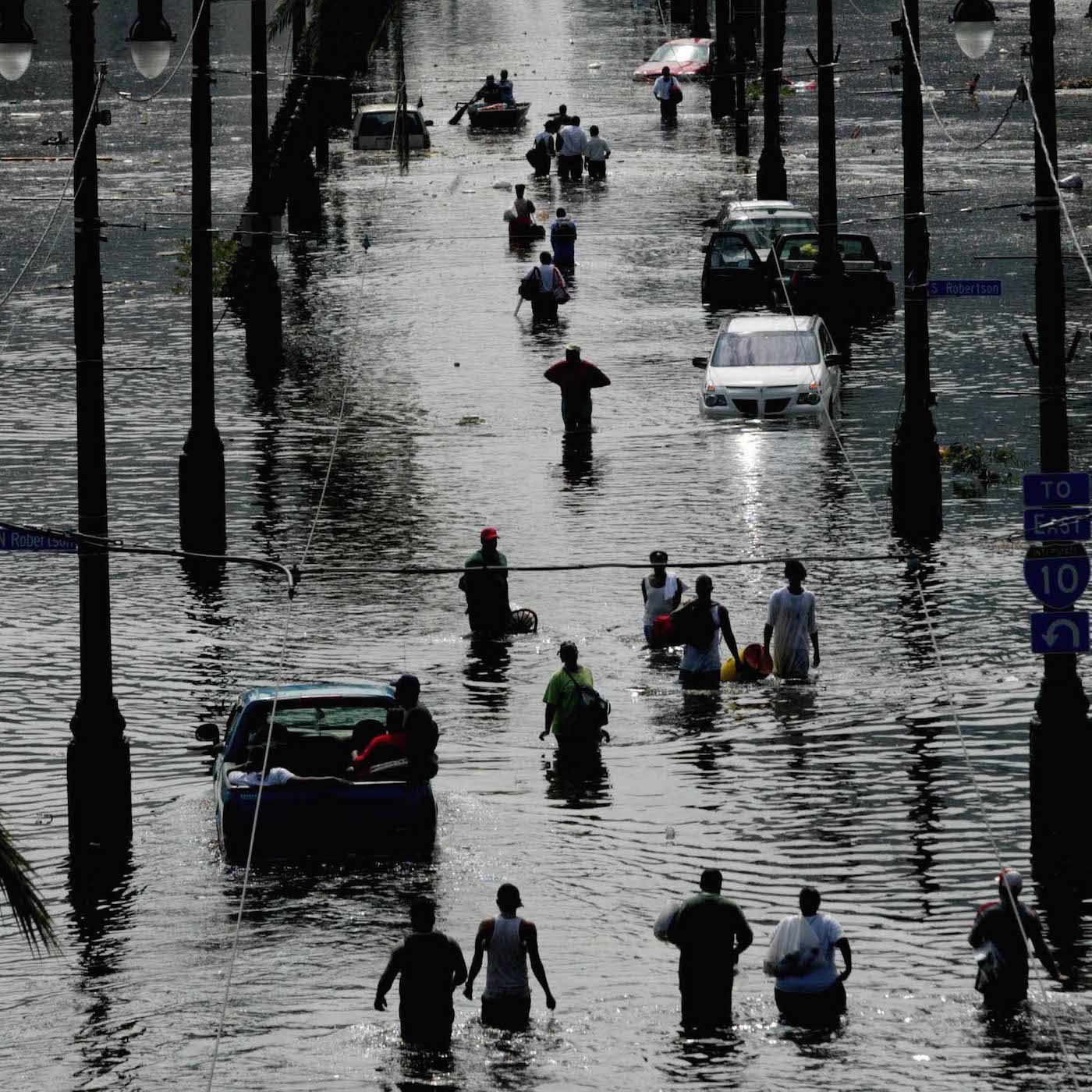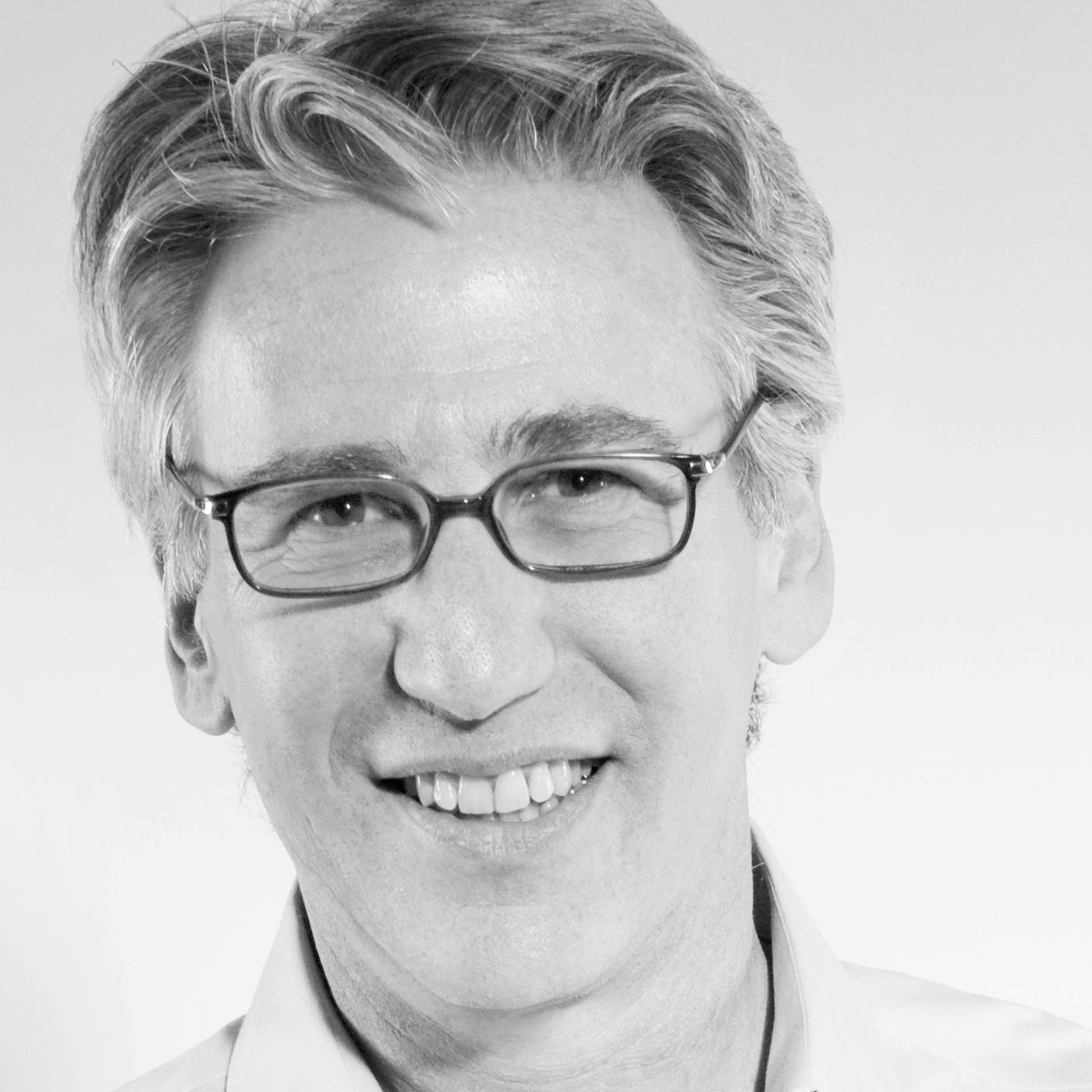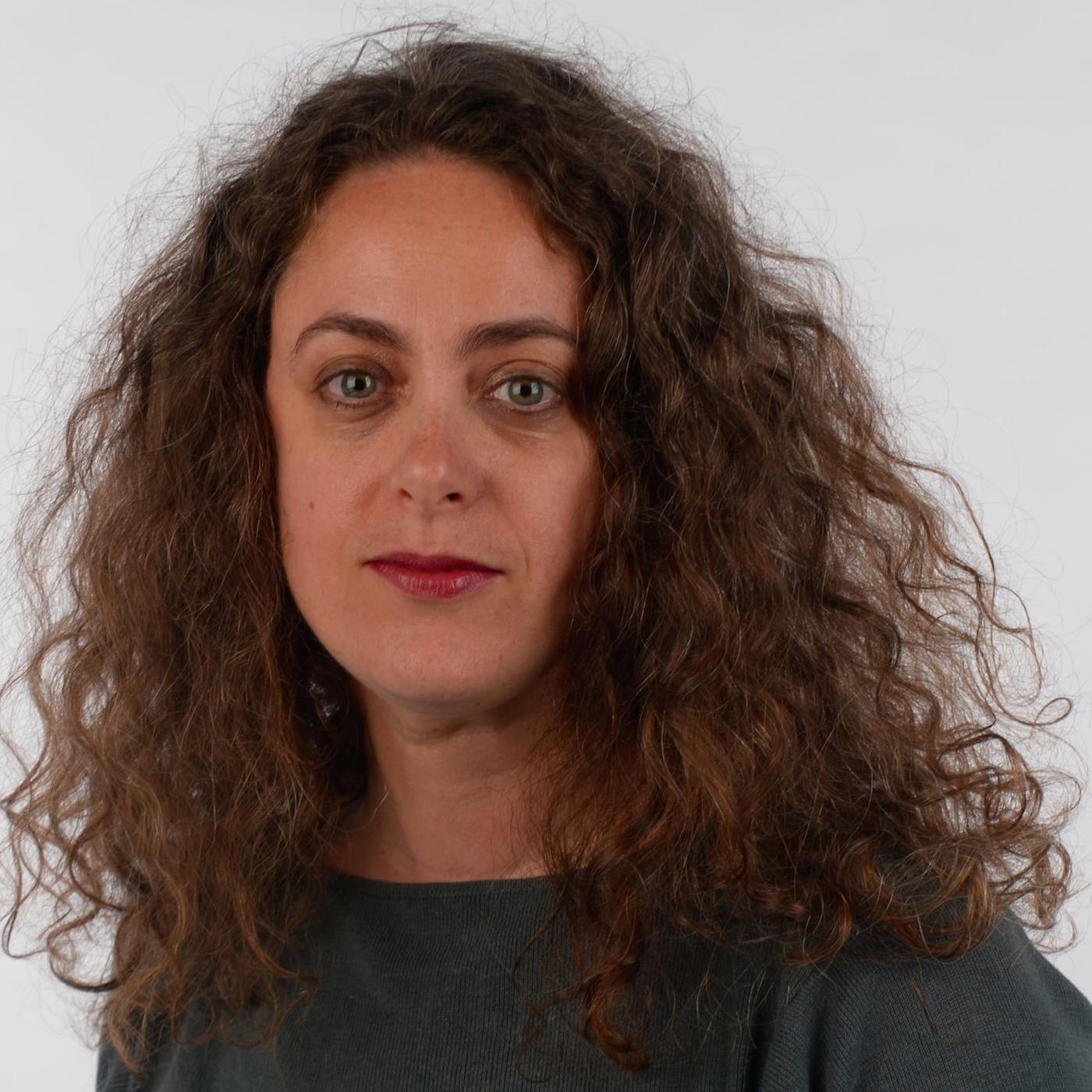Disaster Assurance

Katrina destroyed a Black city, and New Orleans rebuilt a White city.
Journalist Gary Rivlin explains how Hurricane Katrina exposed massive racial fault lines across New Orleans, and why the rebuilding process reinforced structural inequality - from loss of Black political power and public assets to a government response that ignored Black lives in favor of free market urban development.
Gary is author of the new book Katrina: After the Flood from Simon & Schuster.

Gangs, politicians and troops fight to control Karachi's ordered disorder.
Journalist Matthieu Aikins explores the intersection of crime and politics in Karachi - where gangs fight for territory and revenue, backed by political parties and targeted by a military crackdown - and explains the stresses of violence and corruption on democracy and daily life in a rapidly growing metropolis.
Matthieu's latest writing is The Gangs of Karachi for Harper's Magazine.

Understanding the role of Chinese capital in Southern Africa
The Radical Pessimist, Kevan Harris explains why Chinese state-owned enterprise involvement in Southern Africa's extraction and infrastructure industries doesn't fit traditional leftist narratives (good or bad), what South-South transactions mean for African economies and global politics, and why our current blob theory of neoliberalism blinds us from seeing economic change.
Kevan recommends his colleague CK Lee's New Left Review article The Spectre of Global China.

Clout Incorporated: The US Chamber of Commerce and the heart of American capitalism.
Journalist Alyssa Katz unravels the powerful influence of the US Chamber of Commerce, where dark money and secret lobbying touch all aspects of the American political process, and allow a small group of businesses to prolong their grasp on power and protect themselves from a changing, diversifying economic landscape.

Dollars in their eyes: Wealth inequality's effects on how we see the world.
Psychological scientist Rael Dawtry explains how personal wealth influences our perception of the wealth of others, why increasing economic and social segregation contribute to a skewed view of financial reality, and the political effects of a polarized population.
Rael is co-author of the study Why wealthier people think people are wealthier, and why it matters.




